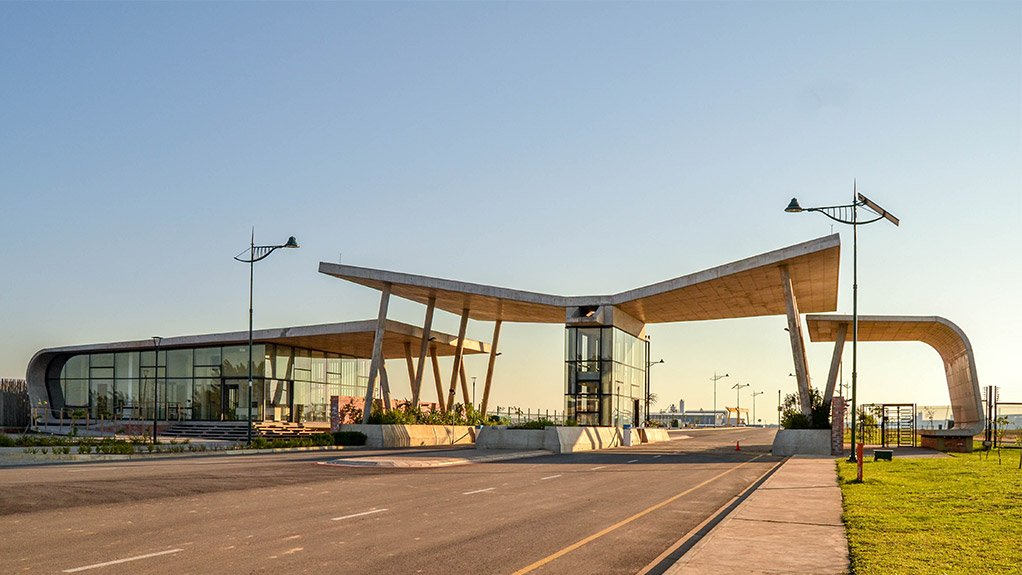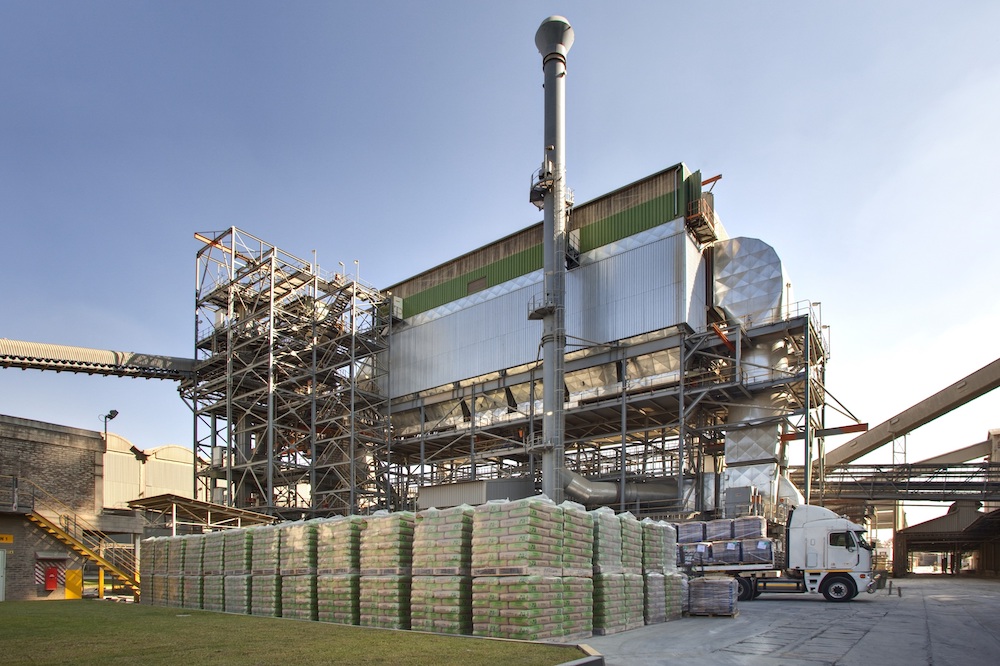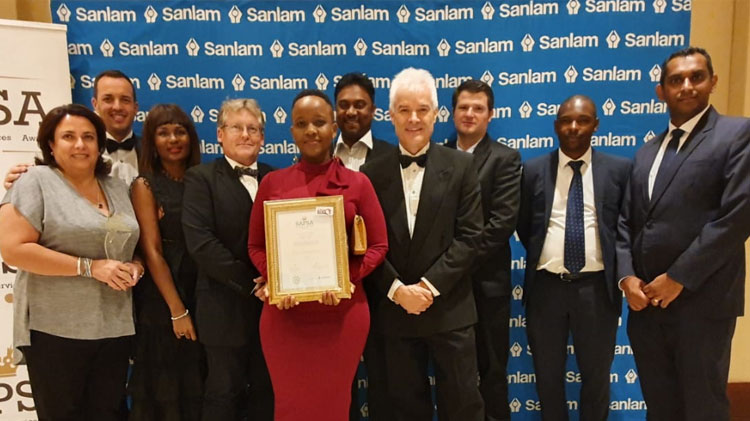

The Richard’s Bay Industrial Development Zone (RBIDZ) entrance gate in KwaZulu-Natal has won a seminal sustainabledesign award, in the sustainable architecture category, at the biennial AfriSam-South African Institute of Architects (AfriSam-SAIA) Awards for Sustainable Architecture and Innovation, which were held on Friday, in Cape Town.
The fluid concrete form of the building is a reference to the Umhlatuze municipality’s animal, a fish eagle, that is swooping down. The building’s form is also a counterpoint to the rigid, orthogonal geometry of the typical industrial steelshed typology which will be the predominant form within the estate.
The architects designed the building to be raised 1 m off the ground, which allowed for a more pronounced entrance and for air vents in the slab. The slab vents are part of an intricate passive cooling system.
This passive cooling system includes a planted courtyard, which acts as the building’s thermal chimney. Additionally, all the roofs of the building were designed to collect rainwater into a pond. The collected rainwater is then cleaned and pumped into undergroundwater tanks, which are used to provide water for flushing the toilets and for use in the garden.
The building uses solar panels, together with a dieselgenerator as a backup system. The AfriSam-SAIA awards focus on the future of environmentally conscious design, which requires, among others, that buildings are built with less than 300 ℓ of waste.
Other seminal sustainable awards in the sustainable architecture category went to House Gardiner – a residential home in Monaghan Farm, in Gauteng; House Burnett Prinsloo, in Cape Town; and the mixed-use development Fulham Heights, in Brixton, Gauteng.
The adjudicators, which included AfriSam raw materials and sustainability manager Niraksha Singh and SAIA president Maryke Cronje, selected the nine awarded projects from a shortlist of 14 entrants whittled down following a rigorous adjudication process that included assessments and on site inspections.
Entrants were required to demonstrate sound sustainable practices that respond to innovative architectural and design thinking in the field of sustainability, that complied with the criteria of harmonisation, people upliftment, evolutionary paradigm and place-making performance
More news
- CELEBRATING EXCELLENCE IN THE RESIDENTIAL PROPERTY SECTOR
- PART 4: GIBS PANEL DISCUSSES INTEMEDIATE CITIES ROLE IN AFRICA’S DEVELOPMENT
- EXPOSED AGGREGATE PAVERS COMPLEMENT NEW LIFESTYLE CENTRE
- GIBS PANEL EXPLORES ROLE OF INTERMEDIATE CITIES IN SA’S DEVELOPMENT PART 3
- CITI-CON’S CONCRETE KNOWLEDGE SUCCESSFULLY DEPLOYED ON NEW LANDMARK DEVELOPMENT





